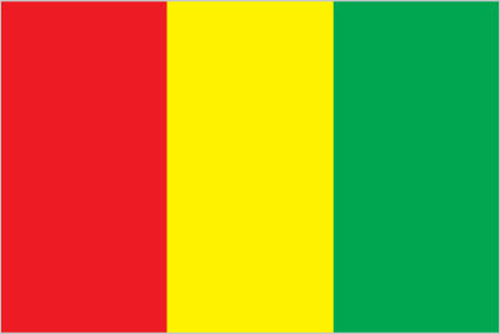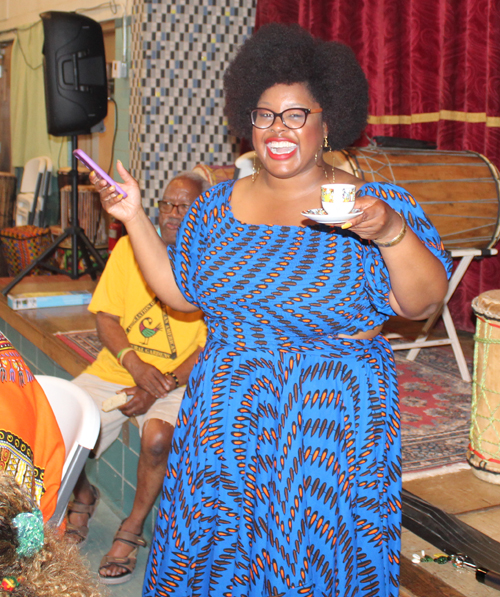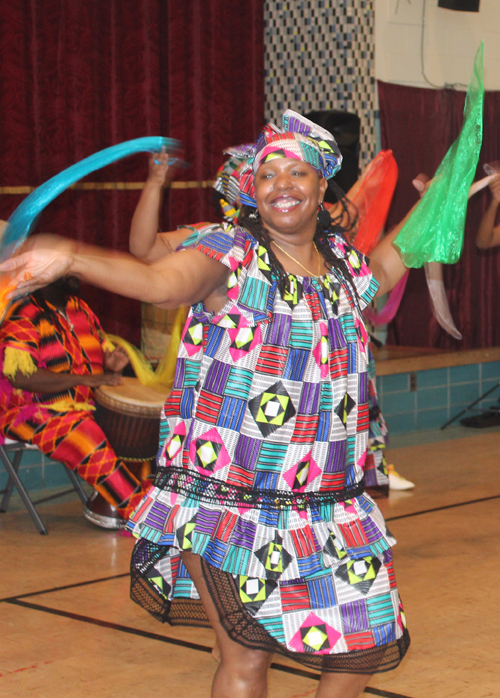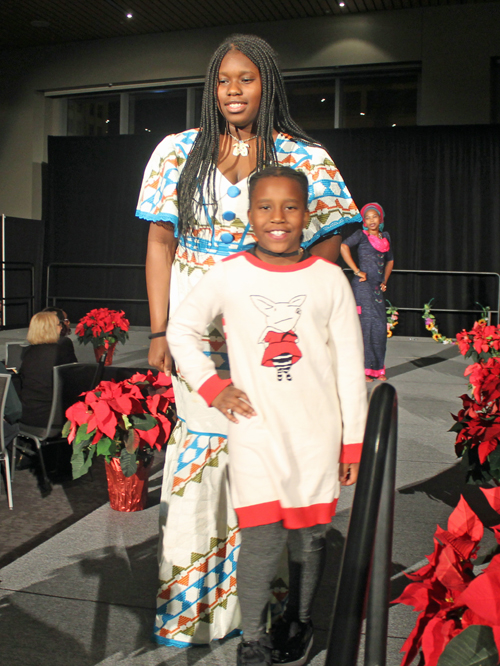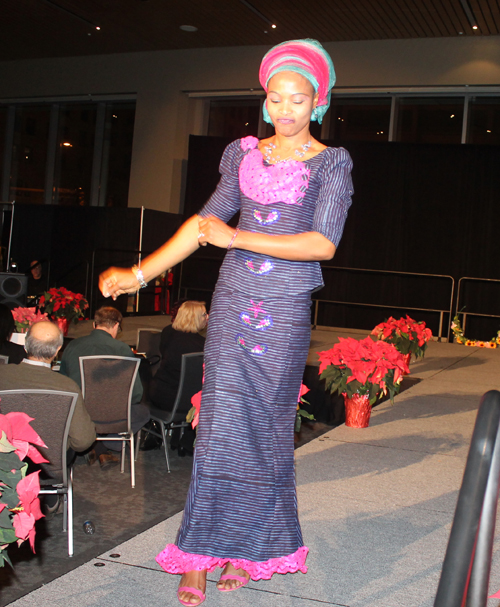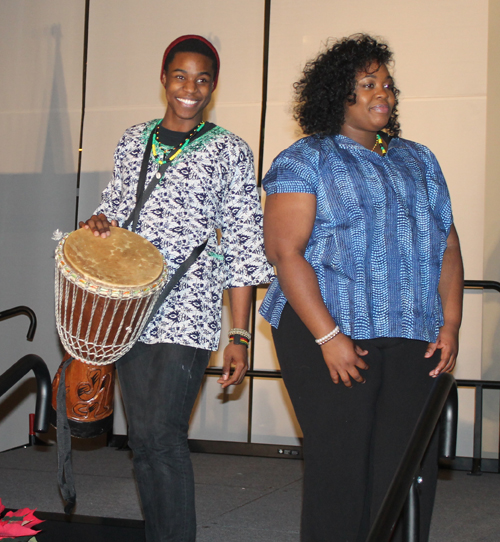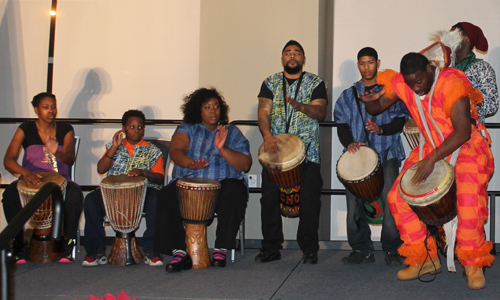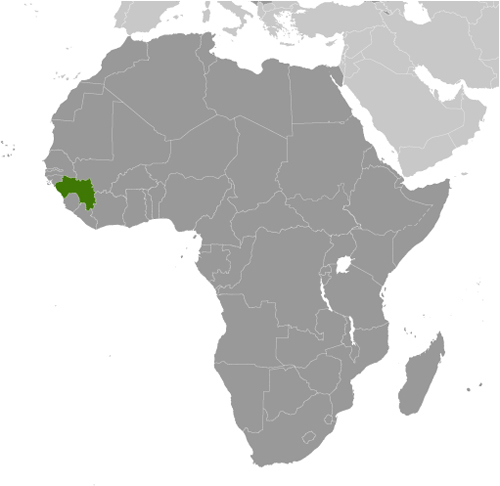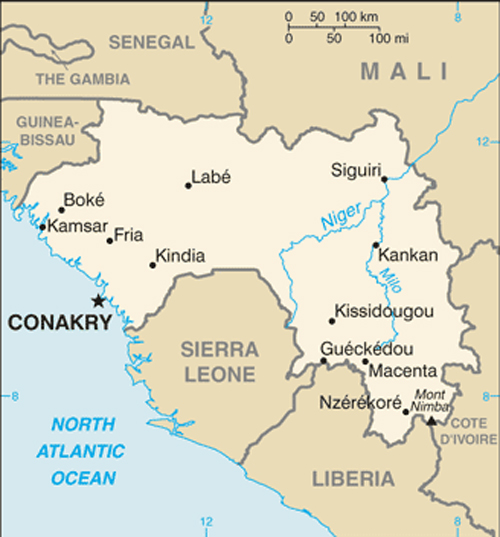Guinea's deep Muslim heritage arrived via the neighboring Almoravid Empire in the 11th century. Following Almoravid decline, Guinea existed on the fringe of several African kingdoms, all competing for regional dominance. In the 13th century, the Mali Empire took control of Guinea, encouraging its already growing Muslim faith. After the fall of the West African empires, various smaller kingdoms controlled Guinea. In the 18th century, Fulani Muslims established an Islamic state in central Guinea that represents one of the earliest examples of a written constitution and alternating leadership. While European traders first arrived in the 16th century, it was the French who secured colonial rule in the 19th century.
In 1958, Guinea achieved independence from France. Sekou TOURE became Guinea’s first post-independence president; he established a dictatorial regime and ruled until his death in 1984, after which General Lansana CONTE staged a coup and seized the government. He too established an authoritarian regime and manipulated presidential elections until his death in December 2008, when Captain Moussa Dadis CAMARA led a military coup, seized power, and suspended the constitution. In September 2009, presidential guards opened fire on an opposition rally, killing more than 150 people in Conakry, the capital. In early December 2009, CAMARA was wounded in an assassination attempt and exiled to Burkina Faso. In 2010 and 2013 respectively, the country held its first free and fair presidential and legislative elections. Alpha CONDE won the 2010 and 2015 presidential elections. CONDE's first cabinet was the first all-civilian government in Guinean history. In March 2020, Guinea passed a new constitution in a national referendum that changed presidential term limit rules. CONDE argued that, given this change, he was allowed to run for a third term, which he then won in October 2020. On 5 September 2021, Col Mamady DOUMBOUYA led special forces troops in a successful military coup, ousting and detaining CONDE and establishing the National Committee for Reconciliation and Development (CNRD). DOUMBOUYA and the CNRD suspended the constitution and dissolved the government and the legislature. DOUMBOUYA was sworn in as transition president on 1 October 2021, and appointed Mohamed BEAVOGUI as transition prime minister a week later. BEAVOGUI subsequently formed a largely technocratic cabinet. The National Transition Council (CNT), which acts as the legislative body for the transition, was formed on January 22, 2022. The 81-member CNT is led by Dr. Dansa KOUROUMA and consists of appointed members representing a broad swath of Guinean society. (Information from CIA World Factbook)
Africa's coastal country of Guinea is nicknamed the 'water tower of Africa,' thanks to the more than 20 rivers originating inside its borders, as well as its relatively high precipitation. The city of Conakry originated on Tombo Island and spread up the Kaloum Peninsula, sandwiched between mangrove swamps. In the 1960s, the city had a population of fewer than 40,000; in 2006, it had a population of nearly 2 million. In these true-color satellite images, water ranges in color from deep to pale blue, vegetation appears dark green, and bare ground and urbanized areas range in color from gray to beige to reddish-brown. Photo courtesy of NASA.
Submit your Cleveland Guinea cultural items.
| 
